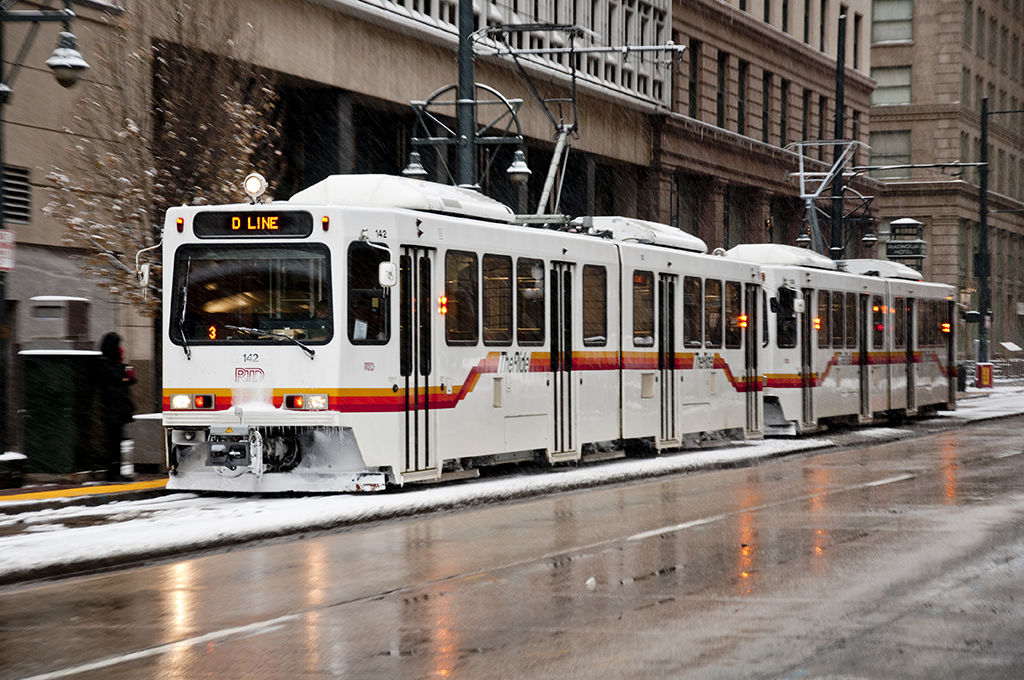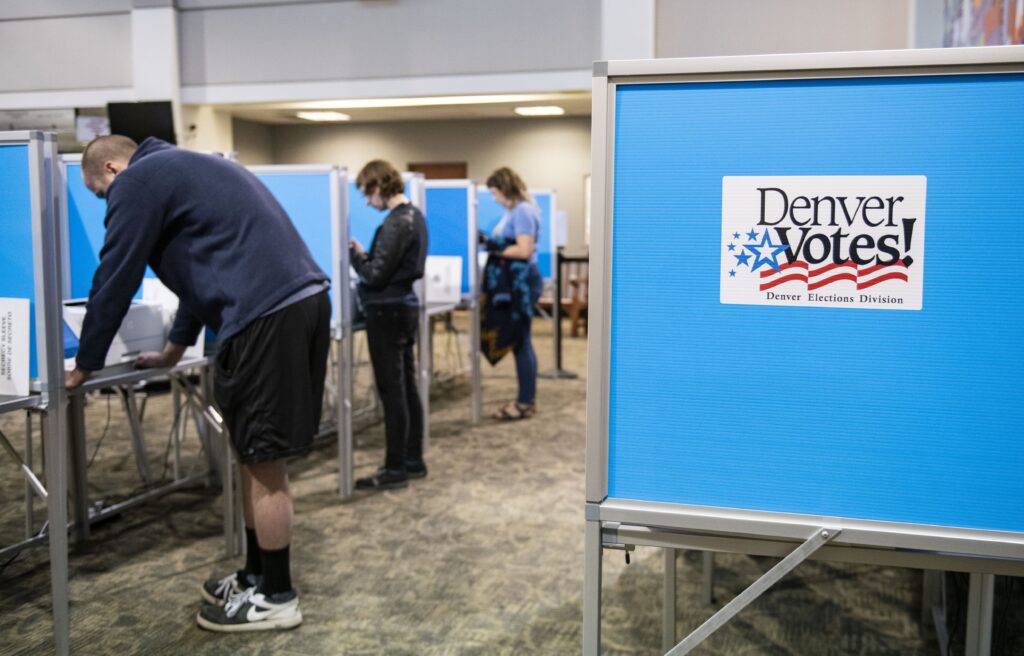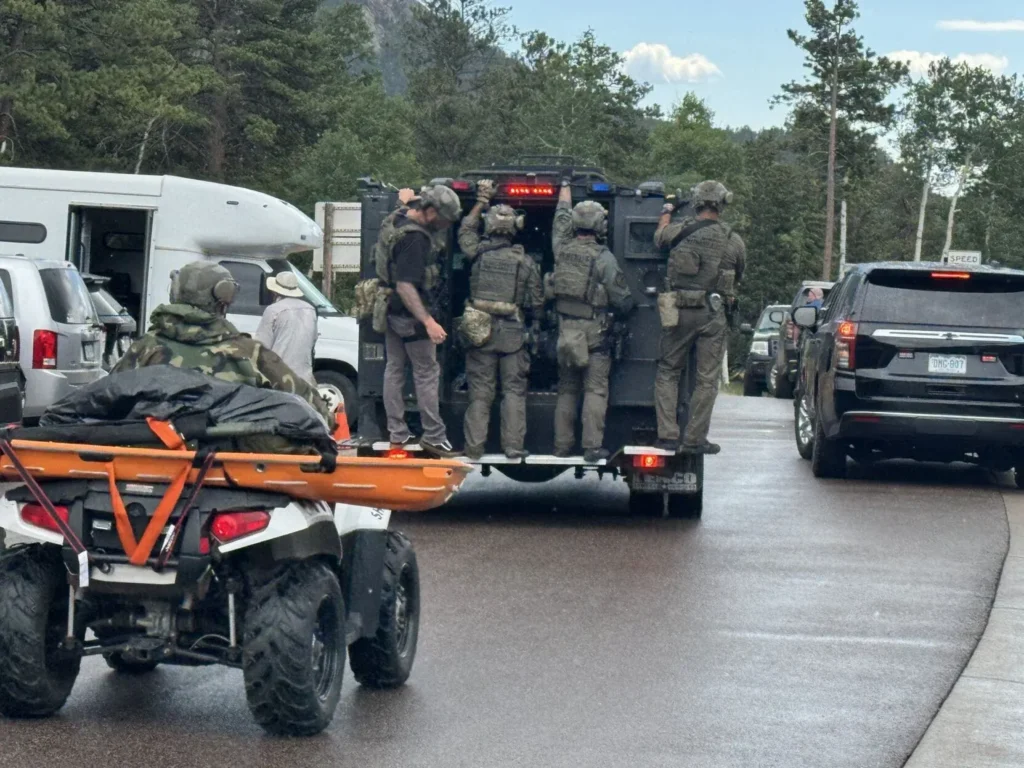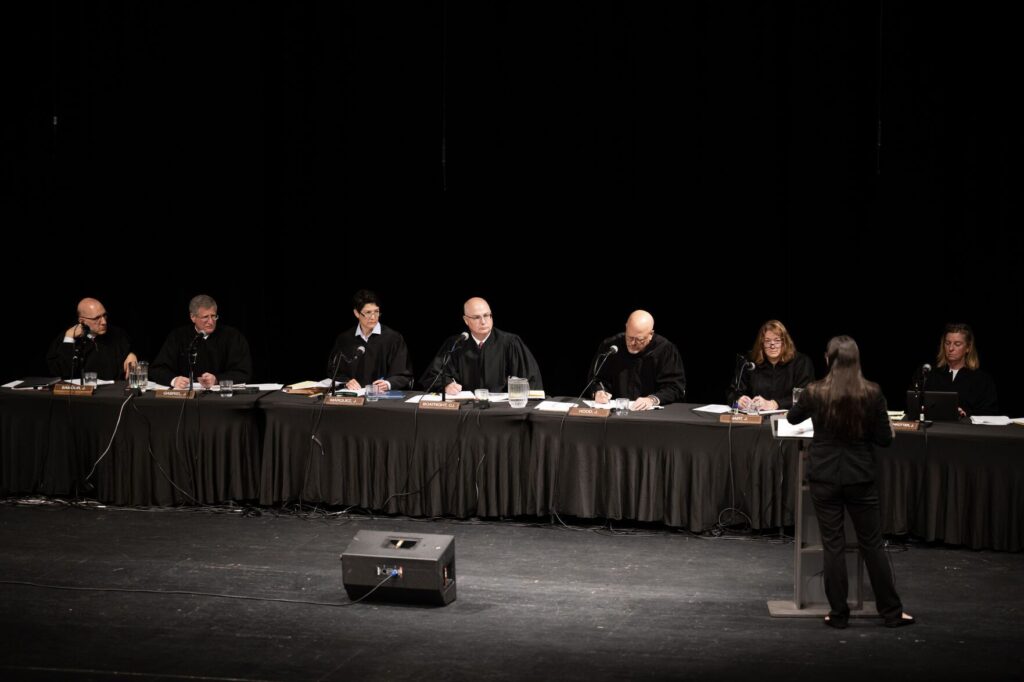The marijuana tax fix that missed in October is on its way in January

The correction to a 2017 bill that has inadvertently taken marijuana tax revenues from a handful of special taxing districts won split approval from a Senate committee Tuesday.
Senate Bill 88 seeks to remedy the problem of a drafting error in last year’s omnibus bill for rural Colorado, SB 17-267.
The error was one of omission and missed by lawmakers and lobbyists alike. Prior to the error, special taxing districts – the eight-county Denver-area Regional Transportation District (RTD), for example – could collect a small portion of retail taxes on marijuana sales.
But SB 267 didn’t include that exception, and the 2.9 percent collected by the taxing districts went into the void. That’s costing RTD about a half million dollars per month.
Nine districts in all are affected by the mistake: five transportation districts, one hospital, one housing, one cultural and another that isn’t identified. They stand to lose $6.9 million in 2017-18 and $8.6 million in 2018-19.
The error led Gov. John Hickenlooper to call lawmakers back for a special session last October, despite objections from Senate Republicans that the problem could wait until January, and so it did. Their main objection to the fixes proposed by Democrats was that Republicans believed the issue should be decided by voters, since any increase in taxes, even one done to fix an error, needs voter approval under TABOR.
Under SB 88, it’s up to the special taxing districts to make the call on whether to hold those elections. A representative last year estimated the cost to the agency for such an election at a million dollars. None of the special districts has yet committed to holding such an election.
Tuesday, the Senate Finance Committee, potentially the biggest hurdle, gave the measure a 3-2 vote, with two Democrats and one Republican, Sen. Jack Tate of Centennial, voting in favor and the committee chair, Sen. Tim Neville of Littleton, and Sen. Jim Smallwood of Parker opposed.
The bill “gives clear direction for organizations impacted by the error to move forward,” said sponsor Sen. Bob Gardner, a Colorado Springs Republican. The bill doesn’t take a position on whether they should or shouldn’t, adding that those boards are responsible to their constituents. Gardner’s bill is dramatically different from the fixes proposed last October, which didn’t include any mention of elections, the biggest sticking point for many Republicans.
Gardner also pointed out that the bill doesn’t allow the taxing districts to seek the revenue already lost since July 1, when the taxing change went into effect.
The bill did draw opposition. The effort to allow the special districts to make their own decisions about a vote is “known as passing the buck,” according to Robert Chase of Denver, who claimed the legislature is trying to evade the Taxpayer’s Bill of Rights.
RTD General Manager David Genoa said the $6 million loss from the error for 2017-18 did not make a big change in RTD revenue for 2017. That kind of revenue covers the cost of transit services for 4,500 to 5,000 daily riders should RTD have to consider a service reduction, Genoa said. He did not, however, indicate that RTD was planning a service reduction in response to the loss of revenue.
Neville chastised the representatives from RTD and the Scientific and Cultural Facilities District, which is also losing millions, for indicating they do not plan to hold the special election that he said TABOR requires. “This is not a new tax,” responded Alan Pogue of SCFD. The interpretation of TABOR, including that of the Colorado Supreme Court, suggests such a previous election might not be required for a district that had received previous approval from voters, he told the committee.
SB 88 was not amended by the finance committee. The bill’s next stop is the full Senate, where it is already supported by 22 senators, well exceeding the 18 it needs to pass that body. Its House sponsor is Democratic House Majority Leader KC Becker of Boulder.













